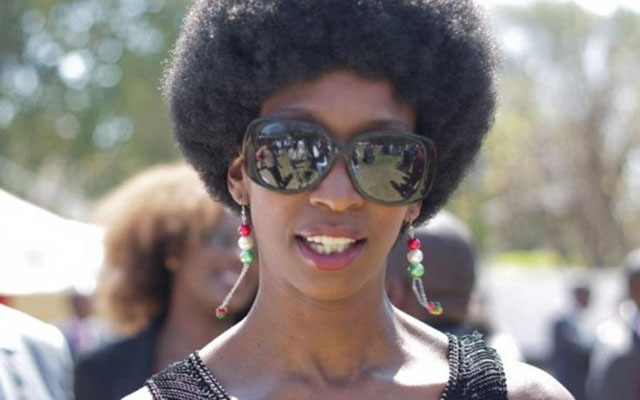After Macron’s victory, France is divided in four

Thomas Guénolé Correspondent
According to most political analysts in France and abroad, Emmanuel Macron’s huge victory against Marine Le Pen is the result of the fight between two opposing ideas of what France should be.
It’s the result of the duel between open and closed.
Similar analysis has been spreading for months about the referendum on Brexit in Britain and the victory of Donald Trump in the United States.
But this analysis is completely wrong — it is not one idea against another, but rather four opposing ideas.
In France, just like in Britain and the United States, there is no such bipolarisation. What we have is, in fact, quadripolarisation of the political landscape.
Today, most rich democracies are focused on two highly divisive issues.
The first is economic globalisation. On one side, there are those who believe globalisation is a good system with mostly positive impacts on humanity and the earth.
On the other, there are those who believe this system brings high unemployment due to social and fiscal dumping, and increases inequalities to the precariat class, to the benefit of the richest one per cent: They are anti-globalisation or alter-globalisation voters.
The second highly divisive issue is minorities: immigrants and those who identify as LGBTQ.
On the one side, you have those who stand for equality of rights. On the other, you have those who stand for national priority — France first, or America first, as Ms Le Pen and Mr Trump campaigned on, and also those who stand against LGBTQ rights under the rhetoric of family values.
Hence comes a political tension between pro- and anti-minorities voters.
Thus, one can easily perceive four homogeneous and coherent big political blocs in France.
There is an alter-globalisation and pro-minorities bloc: It is Jeremy Corbyn’s Labour in Britain, Bernie Sanders in the United States and now Jean-Luc Mélenchon in France. They are the socialist bloc.
There is a pro-globalisation and pro-minorities bloc: It is the Blairist part of Labour in Britain, Hillary Clinton in the United States and now Emmanuel Macron in France. They are the liberal bloc.
There is a pro-globalisation and anti-minorities bloc: The most conservative part of the Tories in Britain, the establishment Republican Party in the United States and Nicolas Sarkozy’s Les Républicains in France. They are the conservative bloc.
Last, but not least, there is an anti-globalisation and anti-minorities bloc: It is UKIP in Britain, Mr Trump in the United States and Ms Le Pen in France. They are the xenophobic bloc.
With that said, one must understand this: If economic globalisation has some positive effects, it also does have major negative consequences, including, in particular, the fall of more and more people into what British sociologist Guy Standing calls precariat.
Yet, all these victims of the dark side of globalisation have the right to vote. So, anti-system voting grows with the growth of precariat in the electoral population.
There are two kinds of anti-system voting. The xenophobic one focuses on people from recent immigration as scapegoats for their own social distress: Ms Le Pen, the UKIP, Donald Trump.
The socialist one focuses on big corporations, finance and rich elites, considered guilty of building an unfair globalisation: Mr. Mélenchon, Mr Corbyn, Mr Sanders.
The rise of these two very different kinds of anti-system voting — the xenophobic one and the socialist one — is undeniable.
This is why theorising a bipolarised political divide between open and closed is simplistic, half-blind and stupid.
In France, chances are the elites will not take this double tsunami seriously.
On the contrary, if Mr Macron and his liberal supporters win parliamentary elections in June, the new French President intends to accelerate deregulation of labour markets, lower social protections and implement austerity measures toward public service and health care.
Paradoxically, it means in France, the spectacular rise of anti-system voting will result in the intensification of policies that actually produce this rise.
So, the next five-year political cycle in France might look like the story of the fire and the pyromaniac. — The Global and Mail.
Thomas Guénolé is a professor at the Paris Institute of Political Studies and author of La Mondialisation Malheureuse









Comments